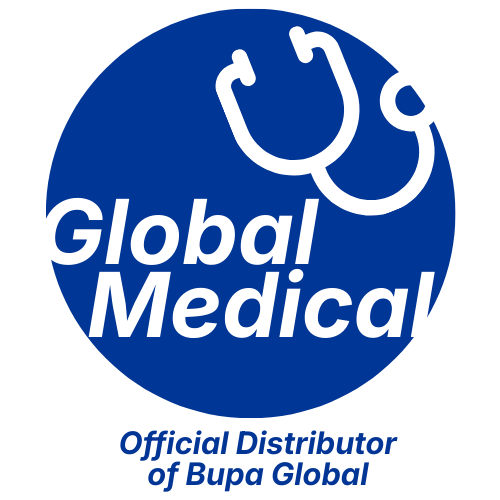The Truth About Red Wine & Anti-Aging: Hype or Science?
Is Red Wine the Secret to a Longer Life?
For centuries, red wine has been linked to health and longevity, especially in Mediterranean cultures where it is a staple of the diet. But does sipping a glass of Merlot or Cabernet actually slow aging, or is it just clever marketing?
On Global Drink Wine Day (February 18, 2025), we’re diving into the scientific evidence behind red wine’s anti-aging claims. If you’re a health-conscious wine lover, you’ll want to know whether your evening glass is benefiting your long-term well-being—or if it’s time to rethink your drinking habits.
The Science Behind Red Wine & Anti-Aging
Resveratrol: The “Longevity Compound”
The biggest reason red wine is touted as an anti-aging drink is because of resveratrol, a plant-based compound (polyphenol) found in grape skins. Studies suggest that resveratrol can:
- Activate Sirtuins, proteins linked to DNA repair and longevity (Harvard Medical School)
- Reduce Inflammation, a key factor in aging and chronic diseases
- Improve Cardiovascular Health, lowering the risk of heart disease
- Support Brain Function, potentially reducing the risk of neurodegenerative conditions
However, here’s the catch: the amount of resveratrol in wine is very low. You would need to drink several bottles per day to match the resveratrol levels used in lab studies—something that would obviously be harmful to your health.
The French Paradox: Is It Real?
The French Paradox refers to the observation that despite eating diets high in saturated fats, the French have relatively low rates of heart disease. Some believe this is due to their regular consumption of red wine.
While moderate wine consumption may play a role, other lifestyle factors—such as a diet rich in fresh vegetables, healthy fats, and an active lifestyle—are likely bigger contributors. In other words, wine alone is not a magic bullet for longevity.
Does Red Wine Actually Slow Aging?
The Benefits of Moderate Consumption
According to the American Heart Association (AHA) and World Health Organization (WHO), moderate red wine consumption may have some benefits:
- Supports Heart Health – Moderate intake may help maintain good cholesterol levels and reduce blood clot formation.
- Rich in Antioxidants – Helps combat oxidative stress, which contributes to aging.
- Social & Mental Well-Being – Enjoying wine in a social setting can lower stress and promote relaxation.

The Downsides of Drinking Too Much Wine
Despite its potential benefits, excessive alcohol consumption can lead to liver disease, increased cancer risk, weight gain, and cognitive decline. For men, moderate drinking means no more than two 5oz glasses per day, and for women, no more than one 5oz glass per day (CDC).
Should You Drink Wine for Longevity?
While red wine has certain health-promoting properties, experts agree that the best way to slow aging and improve longevity is through:
🥗 A Balanced Diet – Focus on Mediterranean-style eating, rich in vegetables, healthy fats, and lean proteins.
🏃♂️ Regular Exercise – A mix of cardiovascular and strength training exercises keeps your body young.
😴 Quality Sleep – Poor sleep accelerates aging and increases disease risk.
🧘 Stress Management – Mindfulness, yoga, and relaxation techniques promote long-term health.
If you already enjoy wine, drinking in moderation may be beneficial. But if you don’t drink, there’s no need to start—you can get similar benefits from grapes, blueberries, dark chocolate, and green tea.
Hype or Science?
The science behind red wine and anti-aging is intriguing but not definitive. While it does contain compounds that may support longevity, its effects are not strong enough to replace a healthy diet and lifestyle.

On Global Drink Wine Day, enjoy a glass of your favorite red—just remember that moderation is key. And if you’re looking for long-term health protection, consider investing in International Private Medical Insurance to cover unexpected health concerns.
Looking for comprehensive health coverage while living in Southeast Asia? Check out our Health Insurance Plans to safeguard your well-being.
Cheers to health, happiness, and responsible drinking! 🍷
